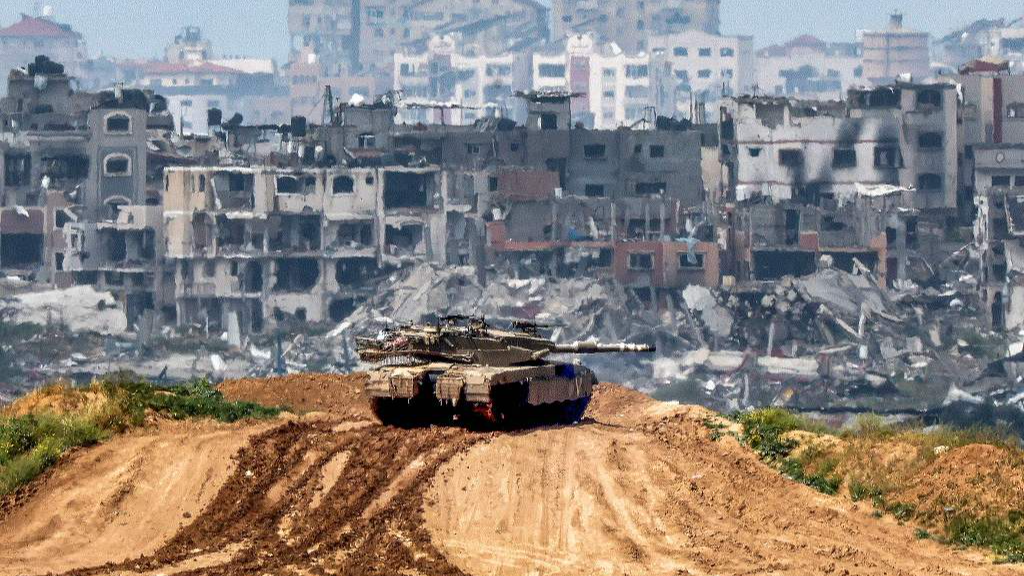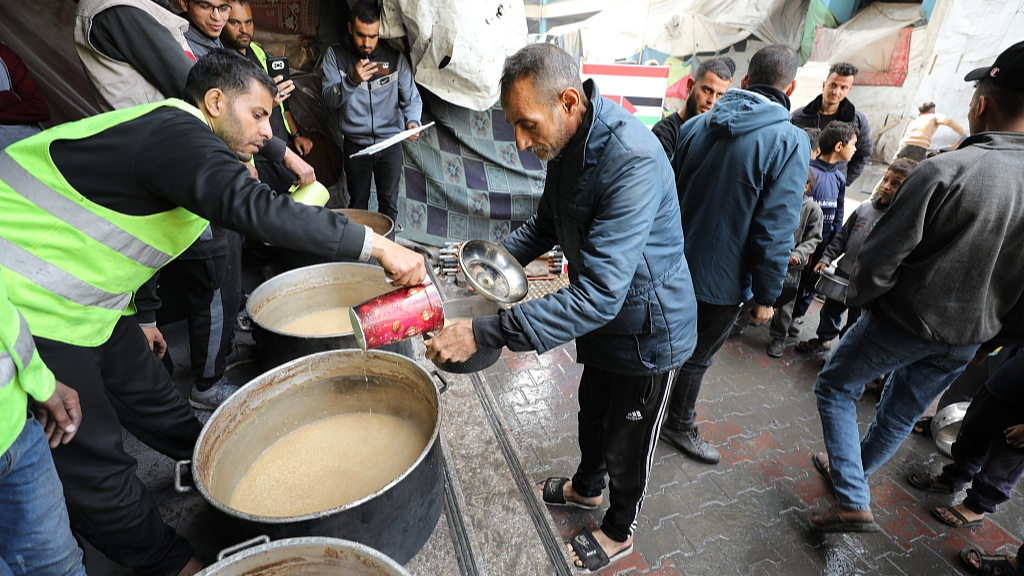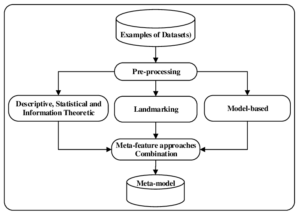Israel Refuses U.S. Request to Halt Rafah Attack

Israel Refuses U.S. Request to Halt Rafah Attack
Israel Refuses U.S. Request to Halt Rafah Attack – Israeli Prime Minister Benjamin Netanyahu on Tuesday declined the U.S. request to halt a ground operation in Rafah City, located in southern Gaza, where approximately 1.5 million displaced Palestinians have sought refuge.
However, Netanyahu agreed to dispatch a delegation to Washington for discussions, marking a diplomatic move amidst escalating tensions.
The White House corroborated this decision in a statement, confirming that Netanyahu and U.S. President Joe Biden had a phone call on Monday. During the call, they agreed to arrange a meeting “soon” in Washington. The purpose of this meeting is to “exchange views and discuss alternative approaches” regarding the ongoing situation, particularly concerning the potential ground operation in Rafah.
Netanyahu’s office released a statement indicating that the delegation, headed by Strategic Affairs Minister Ron Dermer, would depart for Washington next week. The mission’s objective is framed as vital for the “continuation of the fighting,” suggesting Israel’s commitment to its strategic objectives despite diplomatic engagements.
In an earlier address to the parliament’s Foreign Affairs and Defense Committee on Tuesday, Netanyahu reiterated his stance, emphasizing that a ground assault remained the most viable option for neutralizing Hamas militants in Rafah. He underscored the necessity of this action, asserting that Israel is resolute in its determination to eradicate Hamas forces from Rafah, emphasizing the impossibility of achieving this goal without a ground incursion.
Meanwhile, amidst the diplomatic maneuvers, ceasefire talks concerning Gaza persisted in Doha, although Israel’s Mossad intelligence agency chief, David Barnea, had left the city. Despite his absence, discussions continued between technical teams, as confirmed by Majed Al-Ansari, spokesperson for the Qatari Foreign Ministry, during a media briefing.

“The negotiations are ongoing, and what gives us hope at this stage is the resumption of talks,” he remarked, suggesting that it’s premature to declare any breakthroughs.
Al-Ansari also warned about the potential consequences of an Israeli assault on Rafah, expressing concerns that any military operation in the southernmost city of the Gaza Strip could result in catastrophe.
Furthermore, the Israeli incursion into the largest hospital in the ravaged Palestinian territory, Al Shifa Hospital, for a second time on Tuesday, drew strong criticism from Hamas. The group’s leader accused Israel of undermining efforts towards a ceasefire agreement for Gaza.
SEE ALSO: Presidency Refutes Accusations of Budget Padding














